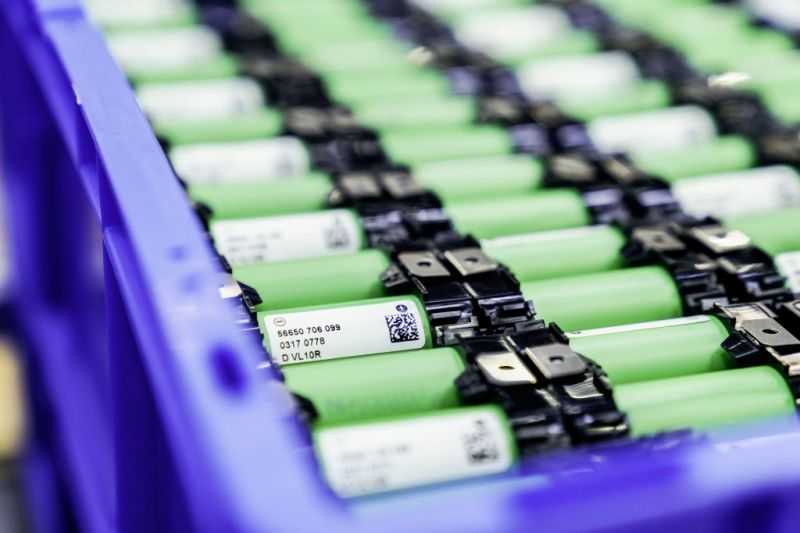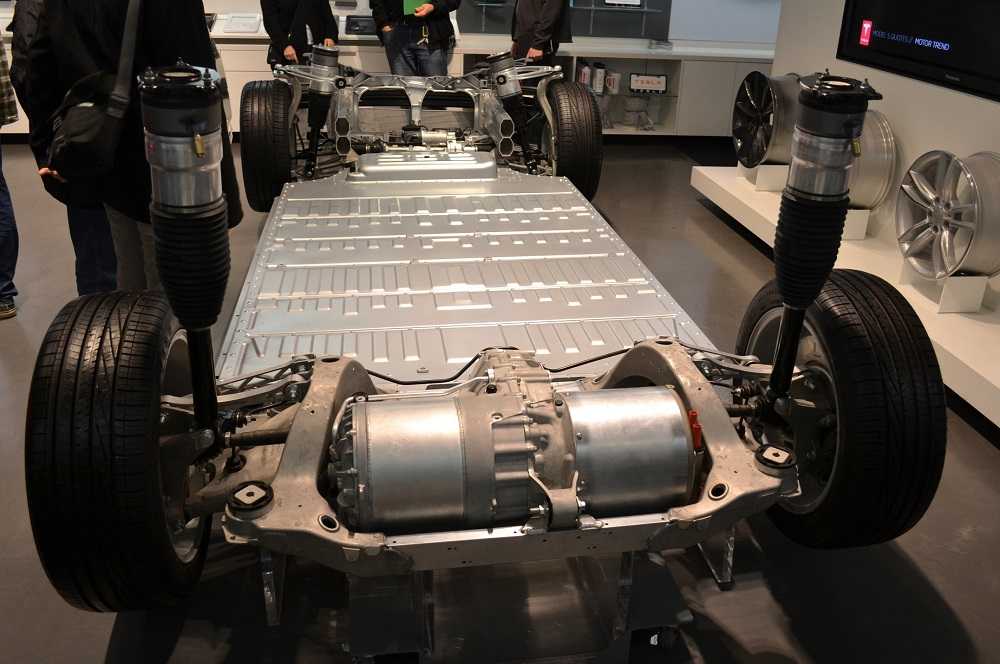Lithium ion battery cells have the potential to be one of the most important inventions in automobile history because they have made electric cars possible. Electricity-run vehicles could be the future in a world that has been trying to reduce the emission of greenhouse gases. Sony commercialized the lithium-ion cells in 1991.
Contents
What is a Lithium Battery?
Lithium-ion batteries refer to rechargeable units mostly used for portable electronic devices and electric cars. Their use has been growing steadily in aerospace and military fields.
Are lithium batteries rechargeable? Yes, they are. One reason behind their sky-high popularity is their recharging and high-storage capacity. They can pack a high amount of energy into a small build, which is what the automobile and other industries are after.

One unit can pack 200 watt-hours of power into a single kilogram of body, which means an energy density of 200wh/kg. Such an energy capacity is a huge leap from the old lead-acid battery. Various researches are ongoing to further improve the power of these batteries.
Lithium ion Battery Technology
A lithium battery’s working mechanism is based on lithium ions high-reactive nature. These ions are actually lithium atoms minus an electron, which makes it a positive electron charge.
At the time of discharge, the anode (positively charged electrode) creates these ions, which then reach the cathode (the negatively charged electrode) by passing through a separator and liquid electrolyte.
Ions reunite with electrons in the cathode and remain in the same state until connecting the battery to a charger, which will repeat the entire process in reverse. The joining of ions with electrons creates an electric power that can be used to run various things.
SEE MORE
- Lead Acid Battery vs. Lithium Ion: Here’s the WINNER
- Everything You Need to Know about Electric Car Batteries
Why is Lithium Used in Batteries?
The answer is simple: for their manifold advantages. A lithium ion battery comes with two unique benefits absent in the competing technologies.
Much power in a compact size.
Take any type of rechargeable batteries of the same power capacity, and lithium-ion units will come out as the lightest. Their main elements are lithium and carbon, which are lightweight.
However, the main reason behind the modest weight is lithium’s high-reactive nature that allows storing plenty of energy in its atomic bonds. For this reason, the energy density of these units is higher among all battery types.
For example, a standard 1kg lithium-ion unit can store 150 watt-hours of charge while the capacity of a NiMH (nickel-metal hydride) of the same weight will be around 60 to 70 watt-hours. A lead-acid battery is the least desirable in this case since its capacity will be only 25 watt-hours per kilogram.

Not losing charge.
A lithium ion battery holds its charge, which gives it an edge over other cell types. Whereas a NiMH unit loses 20% of its charge per month, it’s only 5% for a Li-ion unit. It can go through numerous cycles of charge and discharge and does not need a total discharging before being charged up.
Although Li-ion batteries don’t last long and are a safety hazard in high temperatures, they don’t have any competition when it comes to electronics and electric vehicles.



